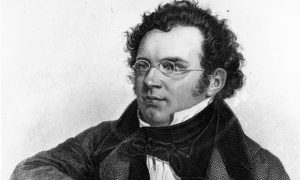Nigel Farage has hit out at the “cesspit” of politics as Downing Street rejected Donald Trump’s calls for the interim Ukip leader to become Britain’s next ambassador to the United States.
In a surprising tweet, which has raised eyebrows in the UK, Mr Trump made the recommendation to his almost 16 million followers on Monday night.
























































































































